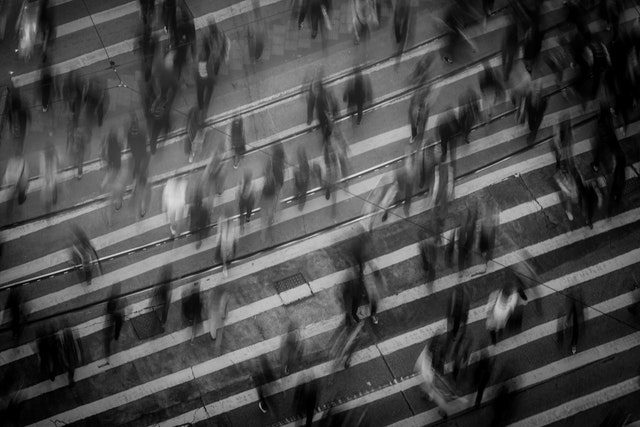Overview Of Social Anxiety Disorder
Social anxiety disorder is a persistent and irrational fear of situations that may involve scrutiny or judgment by others, such as at parties and other social events.
Commonly Associated With
Phobia – social; Anxiety disorder – social; Social phobia; SAD – social anxiety disorder
Causes Of Social Anxiety Disorder
People with social anxiety disorder fear and avoid situations in which they may be judged by others. It may begin in the teens and may have to do with overprotective parents or limited social opportunities. Men and women are affected equally by this disorder.
People with social phobia are at high risk for alcohol or other drug use. This is because they may come to rely on these substances to relax in social situations.
Symptoms Of Social Anxiety Disorder
People with social anxiety become very anxious and self-conscious in everyday social situations. They have an intense, persistent, and chronic fear of being watched and judged by others, and of doing things that will embarrass them. They can worry for days or weeks before a dreaded situation. This fear may become so severe that it interferes with work, school, and other ordinary activities, and can make it hard to make and keep friends.
Some of the most common fears of people with social anxiety disorder include:
- Attending parties and other social occasions
- Eating, drinking, and writing in public
- Meeting new people
- Speaking in public
- Using public restrooms
Physical symptoms that often occur include:
- Blushing
- Difficulty talking
- Nausea
- Profuse sweating
- Trembling
- Social anxiety disorder is different from shyness. Shy people are able to participate in social functions. Social anxiety disorder affects the ability to function in work and relationships.
Exams & Tests
The health care provider will look at your history of social anxiety and will get a description of the behavior from you, your family, and your friends.
Treatment Of Social Anxiety Disorder
The goal of treatment is to help you function effectively. The success of the treatment usually depends on the severity of your fears.
Behavioral treatment is often tried first and may have long-lasting benefits:
- Cognitive-behavioral therapy helps you understand and change the thoughts that are causing your condition, as well as learn to recognize and replace panic-causing thoughts.
- Systematic desensitization or exposure therapy may be used. You are asked to relax, then imagine the situations that cause the anxiety, working from the least fearful to the most fearful. Gradual exposure to real-life situations has also been used with success to help people overcome their fears.
- Social skills training may involve social contact in a group therapy situation to practice social skills. Role-playing and modeling are techniques used to help you become more comfortable relating to others in a social situation.
- Certain medicines, usually used to treat depression, may be very helpful for social anxiety disorder. They work by preventing your symptoms or making them less severe. You must take these medicines every day. DO NOT stop taking them without talking with your provider.
- Medicines called sedatives (or hypnotics) may also be prescribed.
- These medicines should only be taken under a doctor’s direction.
- Your doctor will prescribe a limited amount of these drugs. They should not be used every day.
- They may be used when symptoms become very severe or when you are about to be exposed to something that always brings on your symptoms.
- If you are prescribed a sedative, do not drink alcohol while on this medicine.
- Lifestyle changes may help reduce how often the attacks occur.
- Get regular exercise, enough sleep, and regularly scheduled meals.
- Reduce or avoid the use of caffeine, some over-the-counter cold medicines, and other stimulants.



